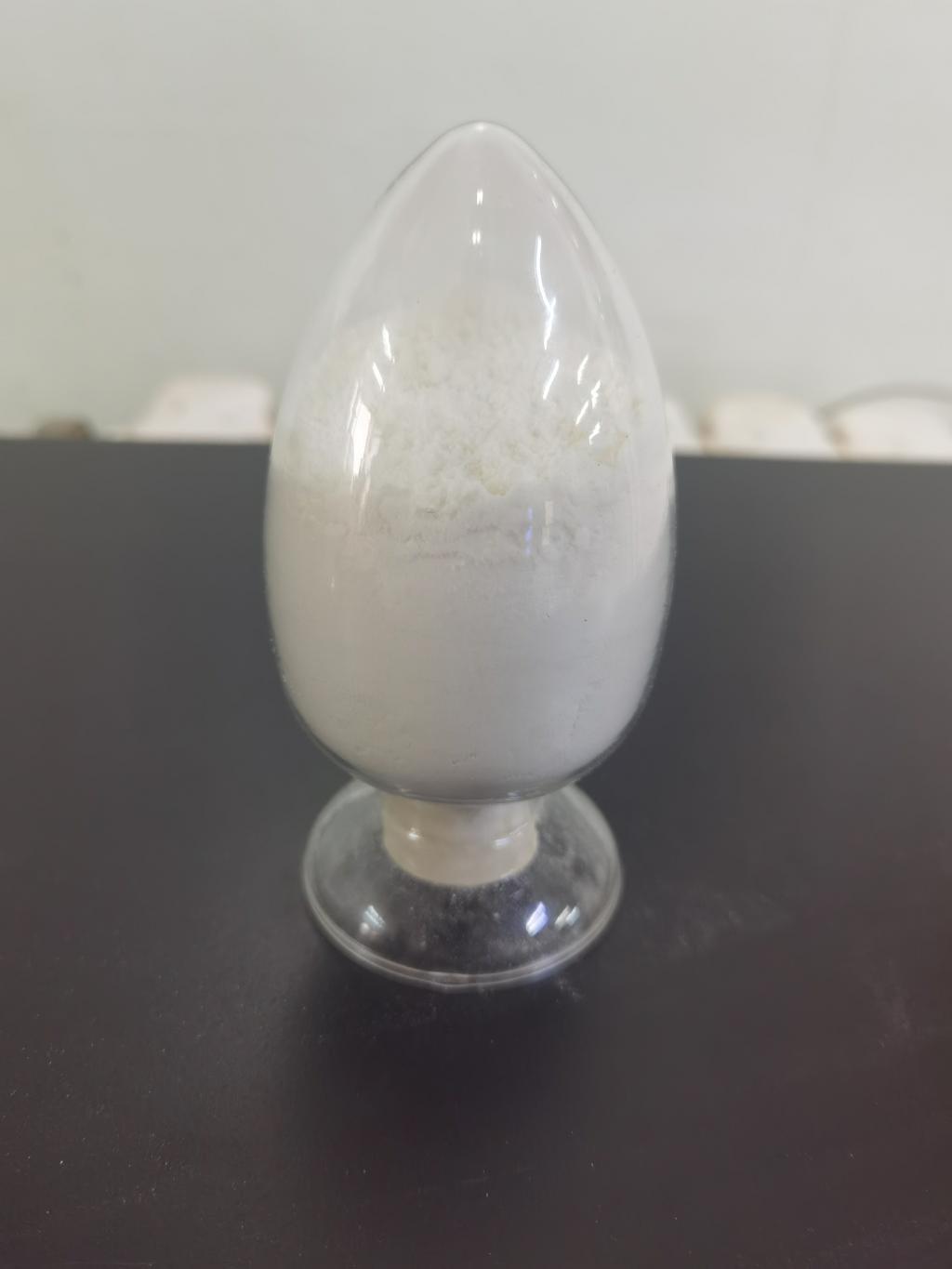Tel:+8618231198596

News
 CONTACT
CONTACT
 CONTACT
CONTACT
- Linkman:Linda Yao
- Tel: +8618231198596
- Email:linda.yao@dcpharma.cn
- Linkman:CHARLES.WANG
- Department:Overseas
- Tel: 0086 0311-85537378 0086 0311-85539701
News
Current Position:
Home >
News
>The versatility of ε-Polylysine hydrochloride makes it an invaluable asset.
The versatility of ε-Polylysine hydrochloride makes it an invaluable asset.
TIME:2024-04-01
Understanding ε-Polylysine Hydrochloride:
ε-Polylysine hydrochloride is a cationic polypeptide derived from Streptomyces albulus, characterized by its multiple lysine residues linked by peptide bonds. It possesses broad-spectrum antimicrobial activity against bacteria and fungi, making it a valuable tool for microbial control in various applications. Furthermore, its natural origin and biodegradability align with the growing demand for eco-friendly alternatives in industries striving for sustainability.
Versatility in Food Preservation:
In the food industry, ε-polylysine hydrochloride serves as a natural preservative to extend the shelf life of perishable products. Its antimicrobial properties inhibit the growth of spoilage microorganisms and pathogens, thereby enhancing food safety and reducing food waste. ε-Polylysine hydrochloride is compatible with a wide range of food products, including meat, poultry, seafood, dairy, and bakery items, without altering their taste, texture, or nutritional content.
Applications in Pharmaceutical Formulations:
In pharmaceutical manufacturing, ε-polylysine hydrochloride finds utility as a preservative and stabilizer in drug formulations. Its antimicrobial activity helps prevent microbial contamination during storage and distribution, ensuring the safety and efficacy of pharmaceutical products. Additionally, ε-polylysine hydrochloride's compatibility with various dosage forms, including oral medications, topical creams, and injectable solutions, enhances its versatility in pharmaceutical applications.
Role in Personal Care Products:
Personal care products such as cosmetics and toiletries also benefit from the antimicrobial properties of ε-polylysine hydrochloride. By inhibiting the growth of bacteria and fungi, it helps maintain product integrity and prolong shelf life. Furthermore, ε-polylysine hydrochloride's natural origin appeals to consumers seeking safer and more sustainable alternatives to synthetic preservatives commonly used in personal care formulations.
Environmental Sustainability:
One of the key advantages of ε-polylysine hydrochloride is its environmental sustainability. As a naturally occurring compound, it poses minimal risk to ecosystems and wildlife compared to synthetic antimicrobial agents. Moreover, ε-polylysine hydrochloride is biodegradable, allowing for eco-friendly disposal and reducing environmental impact. By promoting the use of ε-polylysine hydrochloride, industries can contribute to sustainability efforts and reduce their ecological footprint.
Regulatory Approval and Consumer Acceptance:
ε-Polylysine hydrochloride has received regulatory approval for use as a food additive, preservative, and cosmetic ingredient in many countries worldwide. Regulatory agencies, including the United States Food and Drug Administration (FDA) and the European Food Safety Authority (EFSA), have evaluated its safety and efficacy through comprehensive toxicological assessments. Furthermore, consumer acceptance of ε-polylysine hydrochloride is driven by its natural origin, minimal impact on sensory attributes, and alignment with clean label preferences.
Future Perspectives and Innovation:
As research on ε-polylysine hydrochloride continues to advance, new opportunities for innovation and application emerge. Future studies may explore novel formulations, delivery systems, and synergistic combinations with other antimicrobial agents to enhance efficacy and expand its versatility. Additionally, interdisciplinary collaborations between researchers, industry stakeholders, and regulatory agencies will drive the development of safer and more sustainable solutions across diverse sectors.
Conclusion:
In conclusion, the versatility of ε-polylysine hydrochloride makes it an invaluable asset in the pursuit of safer and more sustainable solutions across various industries. Its broad-spectrum antimicrobial activity, natural origin, and environmental sustainability position it as a preferred choice for microbial control in food production, pharmaceutical formulations, and personal care products. By harnessing the potential of ε-polylysine hydrochloride, industries can enhance product safety, extend shelf life, and contribute to sustainability goals, ultimately benefiting both consumers and the planet.
- Tel:+8618231198596
- Whatsapp:18231198596
- Chat With Skype







